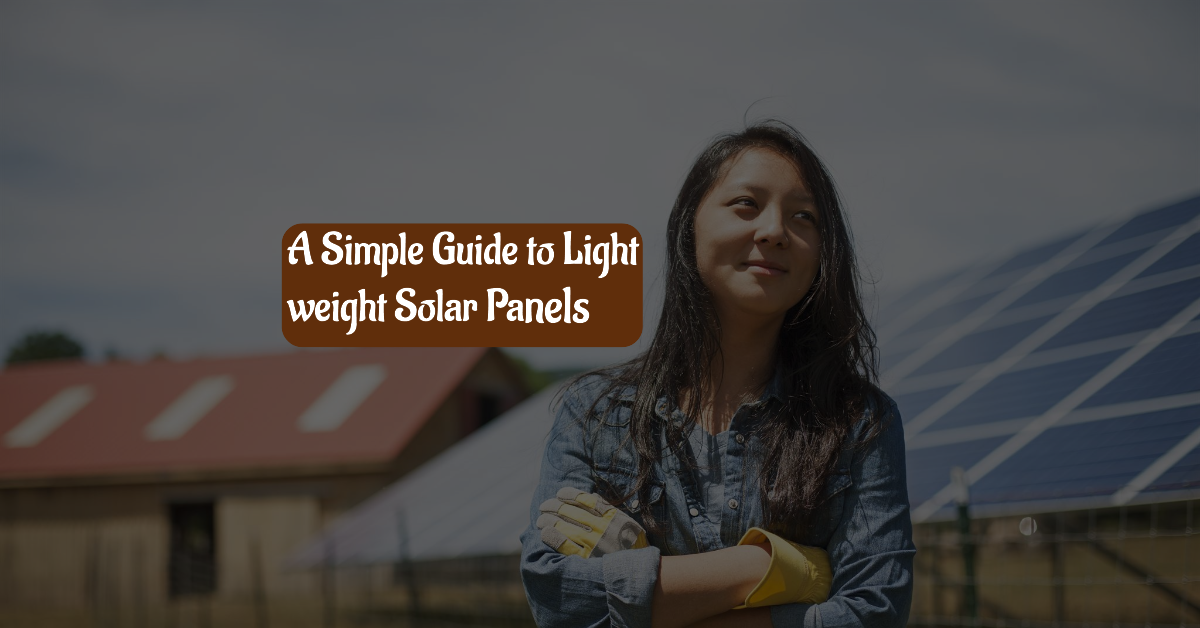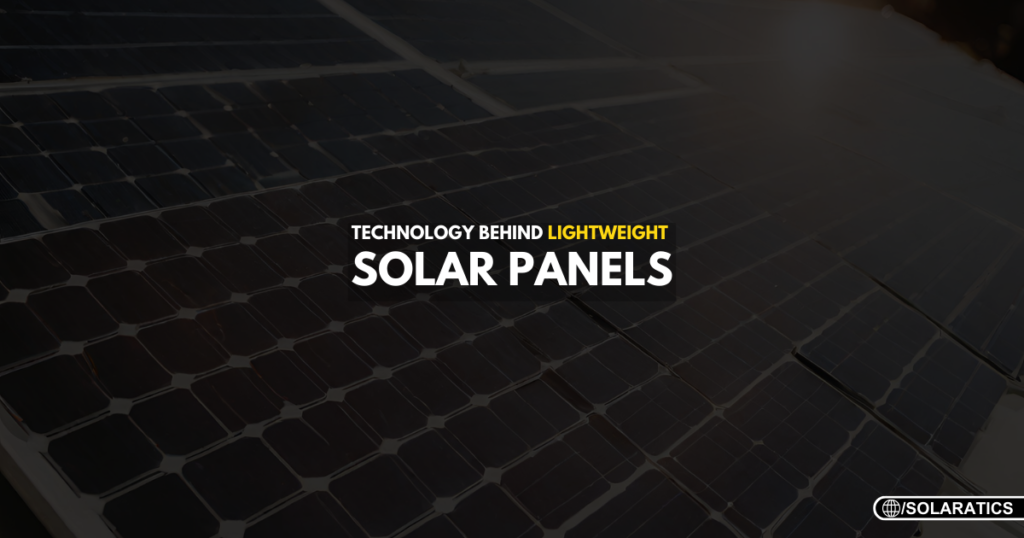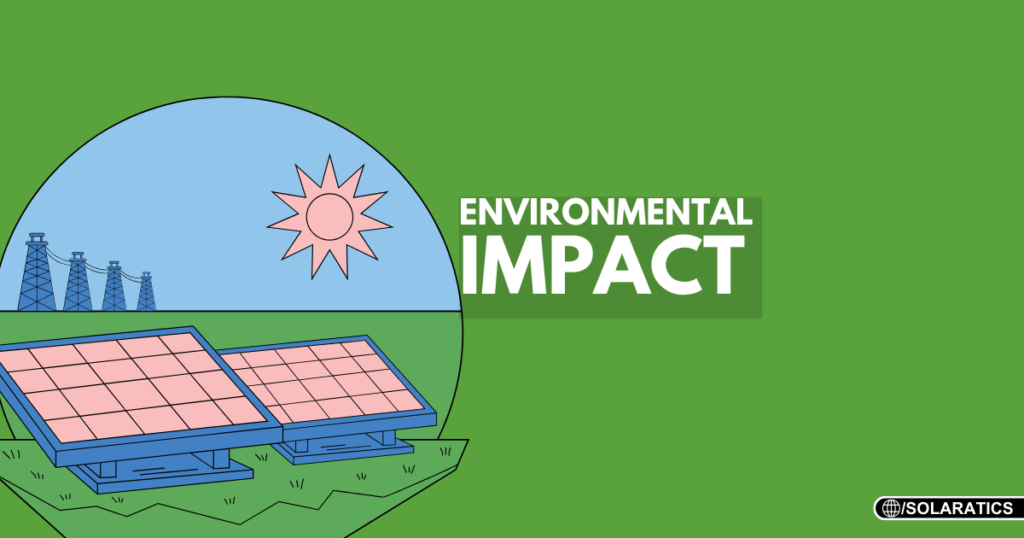Light Weight Solar Panels: Shining a Light on Portable Power

Imagine capturing the sun’s energy and using it to power your devices, all while carrying your power source in your backpack. This is the exciting reality of light weight solar panels.
These innovative panels are revolutionizing the way we think about portable power, offering a sustainable and eco-friendly solution for a variety of applications.
Advantages of Light Weight Solar Panels
Portability: Unlike traditional solar panels, which can be bulky and heavy, lightweight solar panels are designed to be easily transported and set up. This makes them ideal for:
- Hikers and campers: Charge your phone, camera, or other essential devices while exploring the outdoors.
- RVers and boaters: Generate electricity off-grid, powering your lights, appliances, and communication devices.
- Emergency preparedness: Provide a reliable source of power during outages or natural disasters.
Versatility: Lightweight solar panels can be mounted on various surfaces, adapting to different needs. They can be:
- Attached to backpacks or tents for on-the-go charging.
- Installed on RVs, boats, or cabins for off-grid power generation.
- Integrated into emergency kits for disaster preparedness.
Durability: Despite their lightweight design, lightweight solar panels are built to withstand harsh weather conditions. They are often made with water-resistant and shockproof materials, ensuring long-lasting performance.
Technology Behind Lightweight Solar Panels

Thin-film solar cells are the key technology behind lightweight solar panels. These cells are significantly thinner and lighter than traditional silicon-based solar cells, making the overall panel much more portable. Here’s a breakdown:
- Materials: Thin-film solar cells use various materials like copper indium gallium selenide (CIGS) or cadmium telluride (CdTe). These materials are deposited in thin layers on a flexible substrate, such as plastic.
- Efficiency: While they may not be as efficient as traditional solar panels in converting sunlight to electricity, lightweight solar panels are still capable of generating enough power for various applications.
- Flexibility: Some lightweight solar panels are even flexible, allowing them to conform to curved surfaces and be easily integrated into various applications.
Applications of Light Weight Solar Panels
The applications of lightweight solar panels are expanding rapidly. Here are some examples:
- Consumer electronics: Portable chargers for phones, cameras, tablets, and other devices.
- Camping and outdoor activities: Powering lights, lanterns, and other equipment for camping trips, hiking expeditions, and outdoor adventures.
- Off-grid living: Providing electricity for cabins, tiny homes, and remote locations without access to the grid.
- Disaster relief: Offering a reliable source of power during natural disasters and emergencies.
- Internet of Things (IoT): Powering sensors and other devices used in smart homes, agriculture, and environmental monitoring.
Environmental Impact of Light Weight Solar Panels

Lightweight solar panels contribute to a cleaner and more sustainable future by:
- Reducing reliance on fossil fuels: They generate clean electricity from sunlight, helping to reduce greenhouse gas emissions and combat climate change.
- Promoting off-grid living: They enable individuals and communities to live off the grid, minimizing dependence on traditional energy sources.
- Portable and versatile: Their diverse applications encourage sustainable practices in various sectors.
Cost Considerations
Lightweight solar panels generally have a higher cost per watt compared to traditional solar panels due to the specialized materials and technology involved. However, the benefits of portability, versatility, and long-term use can outweigh the initial cost for many users.
Additional factors to consider:
- Power needs: The size and cost of the panel will depend on your specific power requirements.
- Durability and warranty: Choose a panel with a good warranty and reputation for long-lasting performance.
Challenges and Limitations
Lightweight solar panels also face some challenges:
Despite their numerous advantages, light weight solar panels also face some challenges and limitations. One concern is durability, as lightweight materials may be more prone to damage from environmental factors such as hail or high winds.
Additionally, the efficiency of lightweight panels may be lower compared to traditional panels, particularly in low-light conditions or extreme temperatures.
Future Outlook of Light Weight Solar Panels

The future of lightweight solar panels is bright. As technology continues to improve, we can expect:
- Increased efficiency: Ongoing research and development aim to improve the efficiency of thin-film solar cells, making them more competitive with traditional panels.
- Reduced costs: Advancements in manufacturing and material science are expected to bring down the cost of lightweight solar panels, making them more accessible to a wider range of users.
- Wider applications: New and innovative applications will emerge as the technology becomes more affordable and efficient. This could include integration into clothing, transportation, and even building materials.
- Conclusion
- Lightweight solar panels offer a promising solution for portable and sustainable power generation. They are particularly impactful for off-grid living, outdoor activities, and emergency preparedness.
Conclusion
Lightweight solar panels offer a promising solution for portable and sustainable power generation. They are particularly impactful for off-grid living, outdoor activities, and emergency preparedness.
While challenges like lower efficiency and higher initial cost exist, the future outlook is optimistic with ongoing advancements in technology and potential cost reductions.
As the world strives for a cleaner and more sustainable future, lightweight solar panels are poised to play a significant role in empowering individuals and communities with clean, portable energy.
Also Read: El Paso Electric: Everything You Need to Know About Your Local Power Provider OR What will be Your Average Monthly Electric Bill with Solar Panels In US
Till Next, Good Bye
